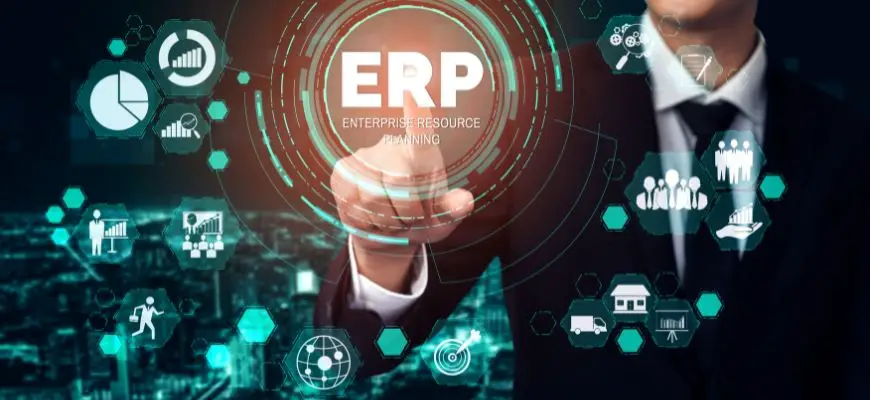ERP systems are the solution to business challenges.
Modern ERP information systems meet the real needs of your business, enabling you to respond immediately to market challenges.
Trends and challenges in the modern business environment and market conditions are forcing companies to create new ways of doing business.
Few companies have been left untouched by the rapid pace of change set by the 21st century. Businesses need to find ways in which they can stay in the market.
Manufacturing companies, for example, have to take their business processes very seriously.
In an ever-changing socio-economic environment, the basic principle of economic hardship must be addressed.
Developments in the software environment of ERP systems are reducing the burden of these challenges. In order to compete in the global supply chain.
With ERP systems they can meet and evolve the changing needs of their customers and partnerships.
The ERP system effectively integrates and improves the various tasks.
ERP - Cost fluctuations
One of the biggest challenges that arose e.g. for manufacturing companies from an unpredictable climate, is to find how to stay profitable with fluctuations in raw material costs and margins.
An ERP system solves this problem, first of all, by providing businesses with a complete view of the accounting, distribution, and manufacturing operations.
Through this, they are able to easily identify and track cost data and aim to reduce and improve risks.
The ERP system maximizes the cost-benefit ratio of businesses.
First, it reduces waste and increases efficiency in managing available productive resources.
Second, an ERP system allows users to automate processes that are labor-intensive and time-consuming.
Third, the ERP system allows the evaluation of the information of the actual details against the expected costs, as well as the cost savings objectives.
ERP - Cash flow forecast
ERP systems provide the possibility of a complete picture of financial planning. Its purpose is the concise and detailed presentation of cash flows but also the future receivables and liabilities of each company for the proper organization of the fund and credit control.
The ERP system displays the balance of the financial accounts of each company in a simple and understandable way, depending on the receivables (inflows) or liabilities (outflows) that arise.
Providing information both on the adult balances of traders and securities and on the other, short-term or long-term, planned or projected inputs-outputs.
ERP solutions not only seek to integrate business processes and information flows into the business, but also to see if and when it is possible to expand its operations.
ERP in modern business
As the world becomes more globalized, companies are importing raw materials, or their products, from various locations, both local and international. While this expands the total resources available to businesses, it can also become overwhelmingly difficult to manage.
An ERP system offers several ways to help manage raw materials.
Additional operation of the ERP system enables companies to achieve and immediately improve the required levels of stocks, raw materials, and final products.
These benefits lead companies closer to the standards of lean Supply Management, combined with the right ERP leads to reduced production, supply, and coordination costs.
With significant benefits, the products reach the customer at the right time without delays and mistakes.
ERP - Speed and Processing
Improving time in the wider market is a surefire way for businesses to gain a competitive edge.
In order for a small or large business to increase the speed and the complete processing of both the services to the customers, as well as their obligations to the suppliers and third parties, it must use an integrated computer system that covers these processes and transactions. an ERP system tailored to it.
ERP is an essential tool for all businesses as many relevant public bodies have been computerized e.g. payment of VAT, APD etc.
Today, the increased demands for flexibility and high quality in turn require constant monitoring of customer requirements and the market in general, so that the company is able to react immediately and effectively.
The ERP system includes scheduling that allows accurate delivery times based on capacity and existing loads.
It aims to coordinate business processes in order to ensure the most efficient possible flow of products and information that circulate along the chain, with the lowest possible cost and time, balancing supply and demand.




